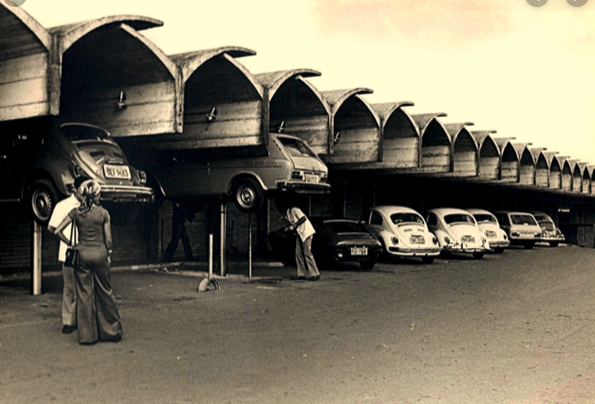In all my years of experience working with dealers around the world, this is the one role that varies from shop to shop regardless the country. Depending on the shop you may have a tower operator or a workshop foreman, a workshop manager or a technician supervisor… the list could go on there are so many different names. As does the variance in the actual job they perform, from the guy who hands out the work to technicians to the manager of the workshop that is the “right-hand person” of the service or aftersales manager and everything in between.
This article covers a little about the positives and the drawbacks of each style of this role within your business.
Tower Operator
This is arguably the most basic of the job roles in this article. Typically, this role receives work from the service advisors (SA) and queues the work for the technicians in order to meet the promised time as per the requests. Once the vehicle is finished, the tower operator readies the paperwork (typically only the hard copy of the repair order), arranges the vehicle to be cleaned (not in all cases) and hands the repair order back to the SA for billing and return to the customer. Inherently, the limitations of involvement in the overall process mean that this person cannot ever truly be in charge of the workshop, which is where it all starts to fall down.
Let’s assume that we have a completely empty workshop in the morning with five work bays.
Each tech receives the same two-hour service at 8 a.m., however two techs find additional work. These two additional jobs now completely circumvent the tower operator and are priced, authorised by the technician and the SA. This means the next jobs to be completed by those two technicians are now delayed until the first job is completed, and voila, a mess of a scheduling system ensues.
At the same time the other two jobs are completed and handed back to the service advisor without the DMS being checked, only the hard copy. This means that the SA must type or transcribe the notes into the billing system because the tech that worked on the car is onto the next job.
Rarely does the basic format of this role work. If it does work, it’s usually an oil change and fast lube or tire scenario because usually there isn’t any additional work required and as a result the system can handle the odd hiccup.
Workshop Foreman
The workshop foreman is essentially a tower operator, but with some technical background. I have found this to be the most common of the jobs outlined in this article.
The functions of the workshop foreman share all the same above functions as the tower operator. The jobs are assigned the same – but with the added benefit for the workshop – there’s an additional technical head in the game. Typically, this role is filled with a technician that is nearing retirement or who is maybe performing this role as modified duties for whatever reason.
For this person to be successful in the role, they need to be up to date on technical training and understand how to manage people and expectations. If you are reading this and thinking, this is what we have, here is my question to you – what additional soft-skills training have you provided your workshop foreman in order for them to be successful in their role?
The workshop foreman role is best suited for shops with approximately 10 people to manage. If the team is any bigger than it can become too much given the technical nature of our business.
Workshop Manager
The workshop manager is a management role and typically seen in larger workshops, supported by team leaders, workshop foreman or a dispatcher, and in some cases all the above.
This person is the intermediary between store management and the most operational tasks within the workshop, detail bays and lot staff. This person can produce business cases for the workshop, take care of staff evaluations and all day-to-day running, such as expenses and on-the-job coaching.
The workshop manager also enables their service and fixed operations managers to develop their own longer-term strategies for the overall business as the day-to-day topics are taken care of.
As you can see, there’s a wide range of roles to manage a workshop. Each has their pros and cons and is dependent on the specific needs of your shop.
IAC offers expertise for onsite and offsite coaching in workshop management roles, whichever one you have, or are thinking of putting in place, we can work with you to find the best solution suited for your needs.
Drop us a line to find out more on the ways we can help you at greg@intautoconsulting.com.










